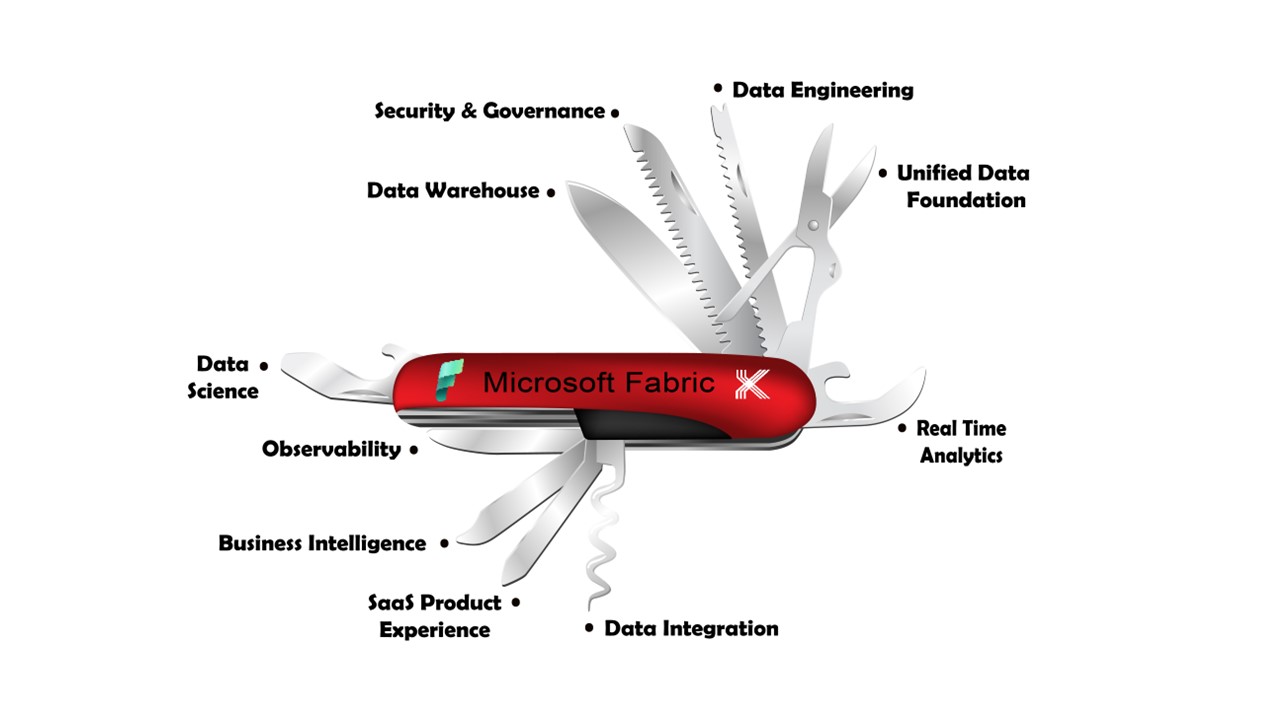Electronic Health Record (EHR) Challenges
- EHR Data Quality Issues:
- 39% of healthcare providers report significant challenges with EHR data accuracy.12
- 44% of clinicians experience difficulties extracting meaningful insights from EHR systems.13
- An estimated 20% of EHR data contains some form of error or inconsistency.14
AI and Machine Learning Limitations
- AI Data Readiness:
- Only 12% of healthcare organizations consider their data fully prepared for AI implementation.15
- 73% of healthcare AI projects fail to move beyond initial proof of concept due to data quality issues.16
- Approximately 60% of healthcare AI initiatives are hampered by incomplete or inconsistent data sets.17
Data Governance Challenges
- Governance and Compliance:
- 55% of healthcare organizations lack a comprehensive data governance strategy.18
- Only 28% of healthcare providers have fully implemented data quality management processes.19
- 42% of healthcare organizations report challenges with maintaining HIPAA compliance due to data management issues.20
Patient Safety Implications
- Impact on Patient Care:
- Poor data quality contributes to an estimated 12% of adverse medical events.21
- 1 in 5 medical diagnoses are estimated to contain some form of data-related error.22
- Approximately 20% of medical treatment decisions are compromised by incomplete or inaccurate patient data.23
Sources of Data Quality Challenges
- Primary Causes:
- Manual data entry errors (42%).24
- Lack of standardized data collection processes.(35%)25
- Outdated or legacy systems (23%).26
- Insufficient staff training (18%).27
- Inadequate data integration tools.(15%)28
Recommended Actions
- Implement robust data governance frameworks
- Invest in advanced data integration technologies
- Develop comprehensive staff training programs
- Adopt AI-powered data cleaning and validation tools
- Create cross-departmental data management strategies
Conclusion
The healthcare industry faces significant challenges in data quality and organization, with substantial financial, operational, and patient care implications. Addressing these challenges requires a comprehensive, strategic approach to data management and governance.











